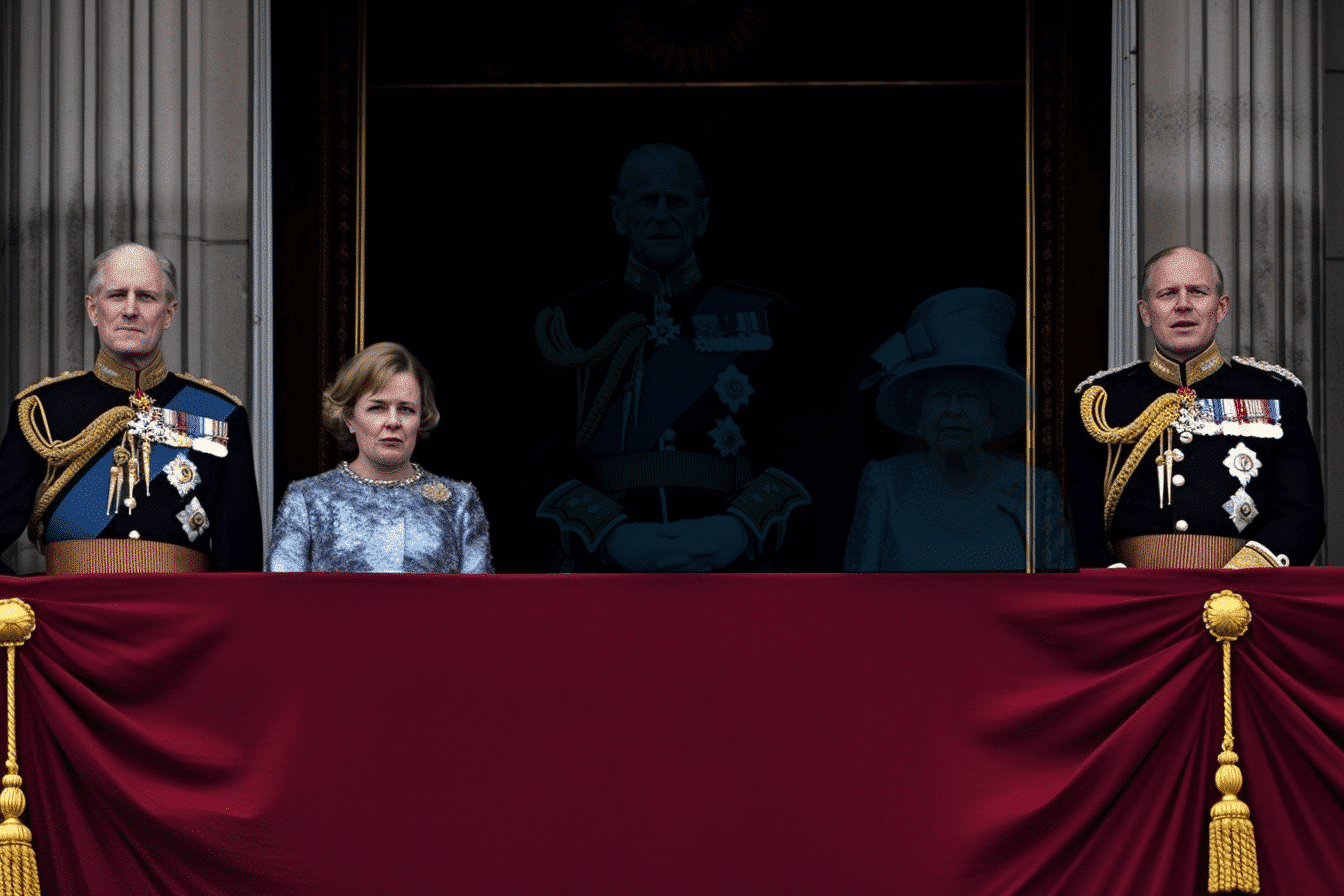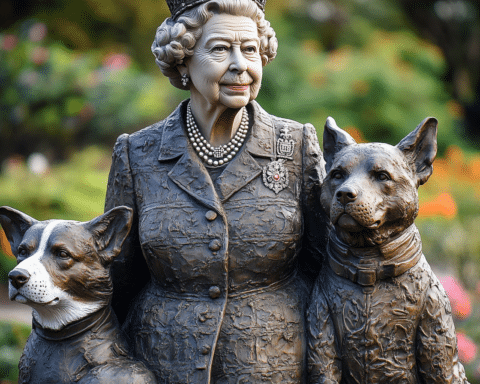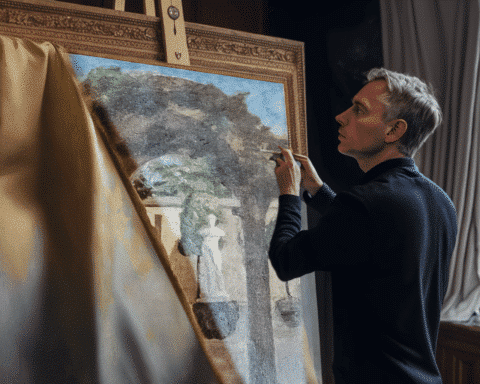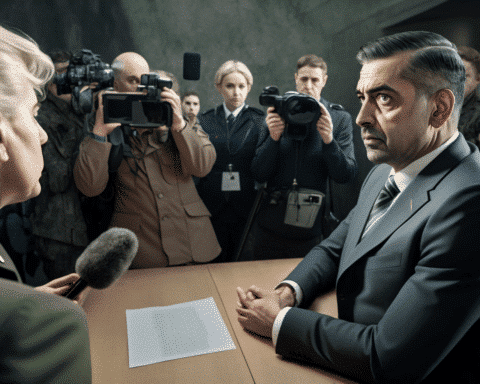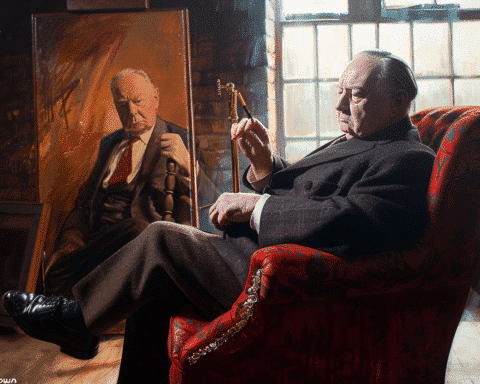King Charles III’s coronation was wrapped in one unifying theme – the concept of public service.
This theme manifested as Charles pledged his service in front of a choirboy at Westminster Abbey, echoed in Prince William’s words during a concert at Windsor Castle, and reverberated through the nationwide day of volunteering that the King proposed on the following holiday.
The king’s pledge to serve seems out of place for a figure traditionally associated with commanding armies or issuing decrees. It’s been over two and a half centuries since a British monarch led forces on the battlefield, and Charles is legally prohibited from interfering in politics.
Despite the medieval pomp and circumstance at his coronation, the modern monarchy has evolved to serve as a bridge between the royal family and the citizens of the UK and the 14 other nations where Charles is the head of state.
His grandfather, King George VI, is still revered for his decision to remain in London during the World War II German air raids, standing in solidarity with his people.
Queen Elizabeth II, Charles’ mother, won over the nation through seven decades of public service, gracing communities from Belfast to Brighton with royal glamour. As a young princess, she vowed her entire life, long or short, to serve her people.
Her commitment extended beyond mere formal duties to lifting the spirits of healthcare workers during the pandemic and supporting charities aiding veterans and the disadvantaged.
The success of Charles’ reign, and the monarchy’s future, hinges on whether he and his successor, Prince William, can uphold this relationship with an increasingly less deferential public than the populace that celebrated Elizabeth’s coronation in 1953.
A former BBC Royal correspondent, Michael Cole, described it as a marriage between the monarch and the people. He added that Charles’ dedication to service has always been evident, and it’s up to others to evaluate his undeniably well-intentioned efforts.
Throughout the coronation weekend, Charles emphasized his pledge to serve and acknowledged the service of others. Among the audience at Westminster Abbey, alongside global dignitaries, were the unsung heroes who keep the United Kingdom running, including individuals like York librarian Barbara Swinn and community worker Naomi Brock.
Prince William echoed the service theme during a concert, expressing his admiration for those serving in various sectors, from the military to healthcare.
The theme culminated in the final act of the holiday weekend, “The Big Help Out,” a call to action for nationwide volunteering, a contemporary task for a modern monarchy.
As the ceremonial head of state, the king provides stability and unity, celebrating the nation’s triumphs and providing solace in its challenging times.
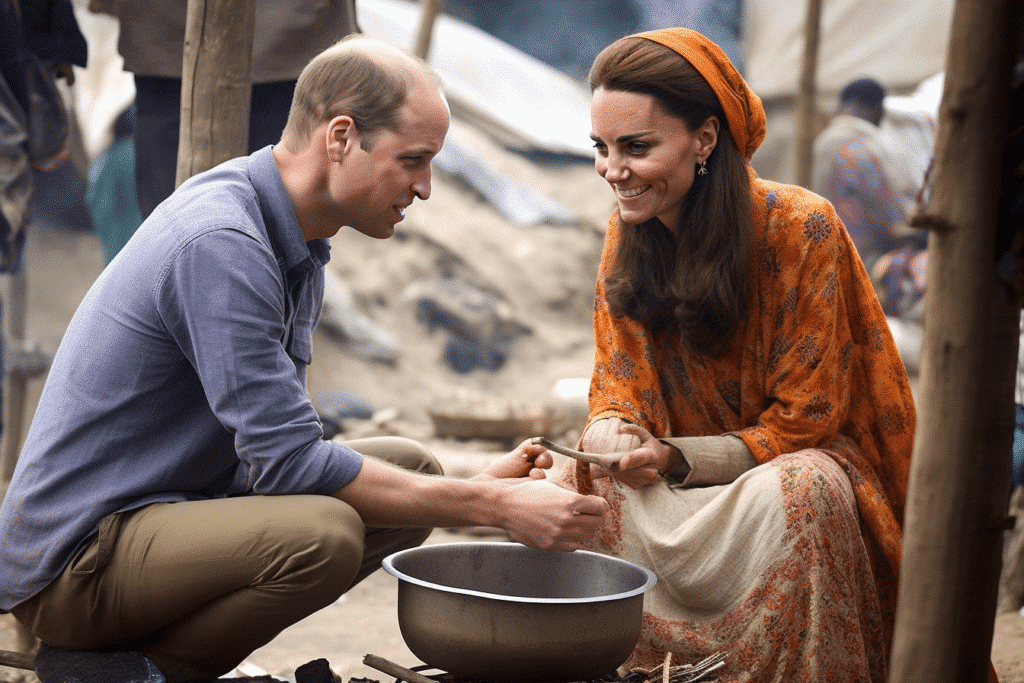
Critics argue that an elected head of state could better fulfill these duties than a 74-year-old inheritor of wealth and status. Supporters, however, believe a hereditary monarch, free from partisan politics and frequent elections, is more beneficial for Britain.
This debate, recently subdued due to respect for the aging queen, is expected to gain traction during Charles’ reign, as evidenced by the recent arrest of anti-monarchist protestors.
Graham Smith of the campaign group Republic claimed the arrests were more about preventing royal embarrassment than protecting the public. He argued it was an attempt to suppress dissent and project an image of a content and consenting public during the coronation.
Some complained that the coronation was overladen with Church of England rituals for a not particularly religious nation, had an excess of medieval pageantry for a modern nation moving away from past formalities, and featured too much military participation for a world power in decline.
These traditions form the historical foundation of the monarchy, conferring majesty and mystique to the royal family
However, Charles and William understand that more than tradition is required in the modern era.
A day after Charles was officially crowned, William concluded his speech, echoing his grandmother’s earlier pledge, by vowing to carry on his father’s work.
“I dedicate myself to serving you all,” the heir to the throne declared.
This commitment to service will be a defining characteristic of the contemporary British monarchy. Despite the grandeur and pageantry, the core of the monarchy’s role in the 21st century is to serve the public and maintain a strong connection with the people.
The emphasis on service and the recognition of public servants, from librarians to community workers, during the coronation festivities further cement this role.
While the monarchy’s traditional ties to the Church of England and the military provide a historical framework, its future relevance will likely depend more on its ability to adapt to changing societal norms and expectations. In this respect, Charles and William’s explicit dedication to service reflects a recognition of this fact.
The coronation’s spotlight on volunteerism and service, exemplified by “The Big Help Out,” is also a significant departure from traditions. This shift reflects an understanding of the monarchy’s role as figureheads and active participants and motivators in community service.
As Britain moves forward under King Charles III’s reign, it will be interesting to observe how these service pledges translate into action and shape the monarchy’s relationship with the public.
The debate over the relevance and role of the monarchy in modern society will undoubtedly continue. However, if the coronation of Charles III is any indication, the monarchy is positioning itself as a force for public service and community involvement, a decidedly modern approach for an institution steeped in centuries of tradition.
